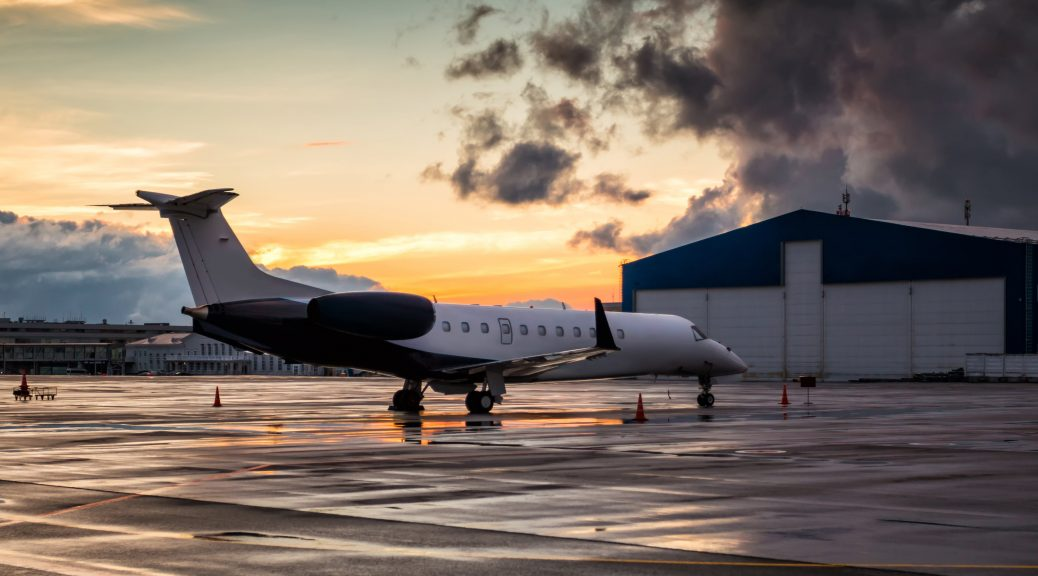If you’ve heard about executive airports you may be wondering: how does an executive airport differ from a commercial airport? Executive airports, also called private airports, generally have different uses and different layouts compared to bigger commercial airports. In this article, our team at Monmouth Jet Center explains how private and executive airports differ from commercial airports, and we discuss how private airports serve as a hub for a number of aviation activities.
How do private and executive airports differ from commercial airports?
Private and executive airports:
- Can accommodate commercial aircraft and private aircraft. Many people who fly private prefer to use executive airports, because they’re quicker and more convenient, and because you can often land in close proximity to your final destination.
- Generally have fewer runways than commercial airports. But just because executive airports are smaller doesn’t mean you can expect delays. In fact, it’s quite the opposite. Many commercial airports rely on private airports to be reliever airports when they experience congestion.
- Have a range of amenities for passengers to enjoy while waiting for their flights, including free wifi, catering, a passenger lounge, and more.
- Accept cargo flights as well.
Commercial airports:
- Are almost exclusively used for larger passenger flights.
- Often have many runways and can accommodate more flights on a daily basis than executive airports.
- Have a larger selection of shops, restaurants, cafes, and other amenities for passengers to enjoy.
Private airports serve as a hub for a number of aviation activities
Executive airports aren’t only for passenger flights. At many private airports across the county, you’ll find a number of other aviation activities like private hangar space, aircraft repair services, aircraft cleaning and maintenance, and aircraft charter services. Executive airports are very diverse in their offerings, and for those who frequently fly back and forth between the same destinations, private airports offer the convenience and accessibility they need.
You can also find flight schools at certain executive airports, because where better to learn how to fly than at an airport? Many private airports offer aviation lessons with highly trained and certified instructors, so if you’ve always dreamed about flying your own plane, you may want to check out our executive airport in Wall Township, NJ.
If you’d like more information about private or executive airports, please contact our team at Monmouth Jet Center today. We look forward to hearing from you.
Originally posted https://monmouthjetcenter.com/private-or-executive-airports-vs-commercial-airports/

